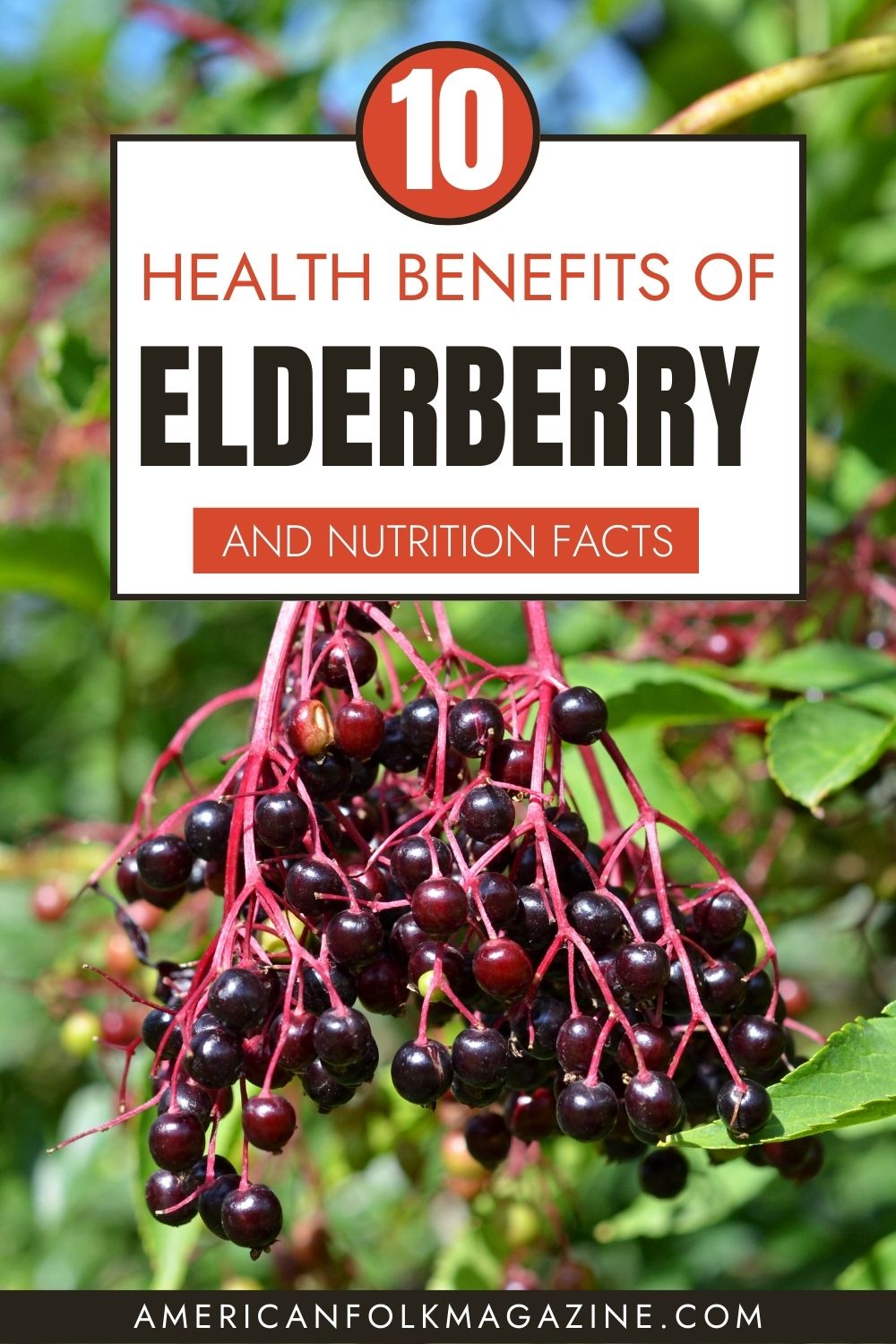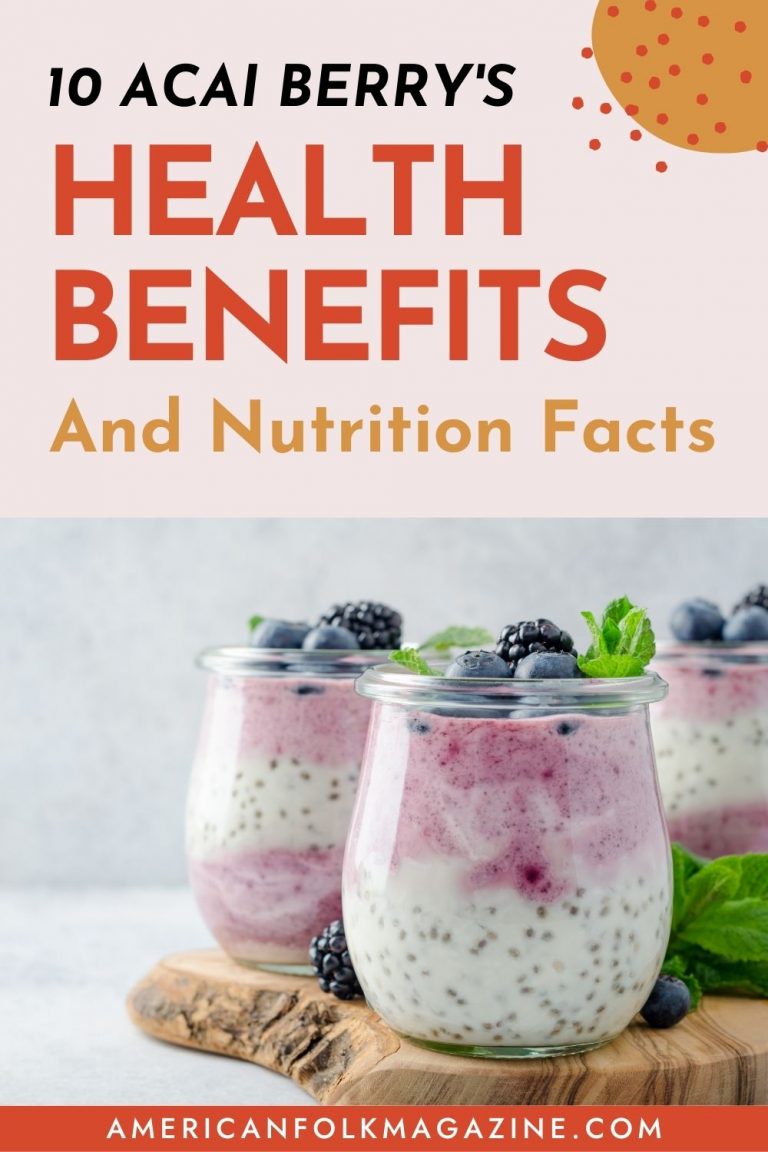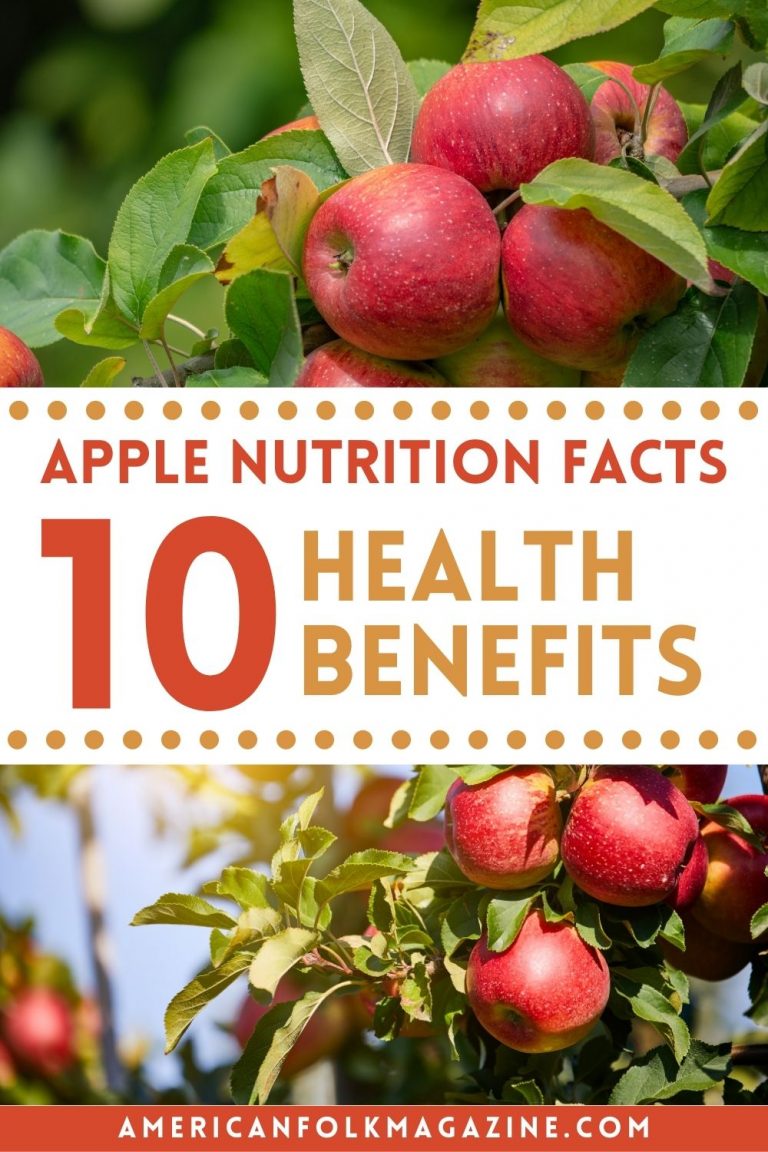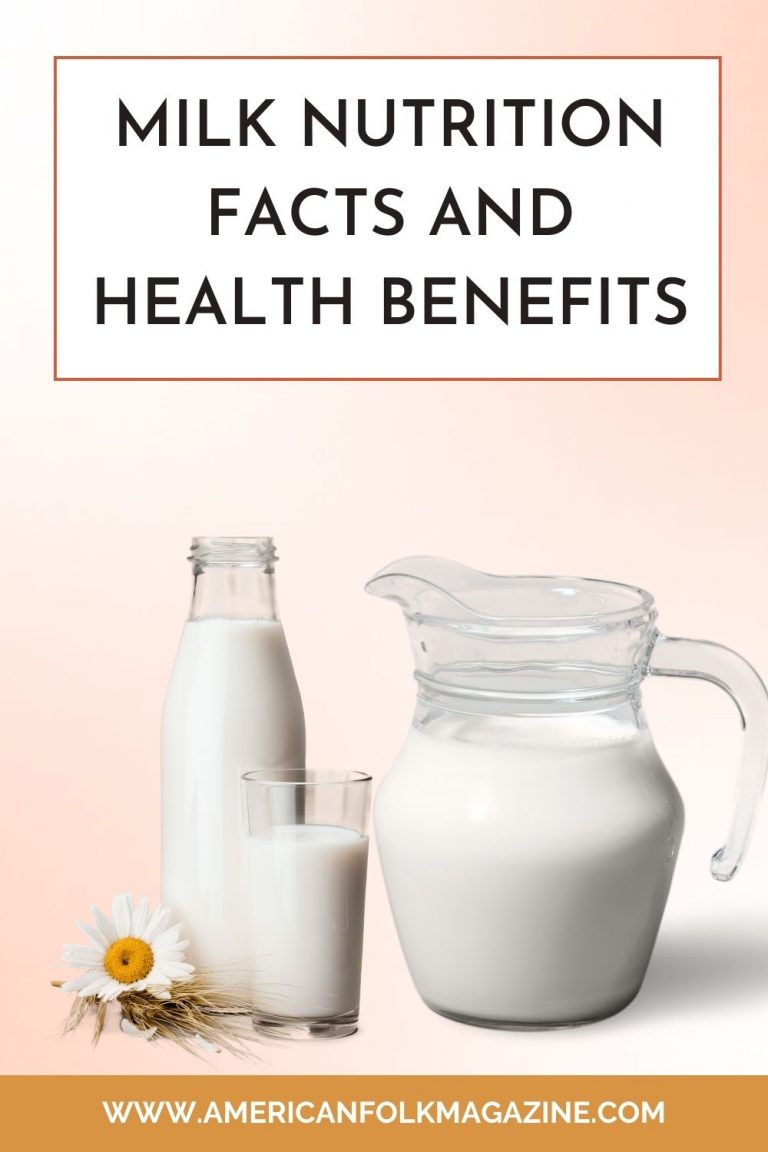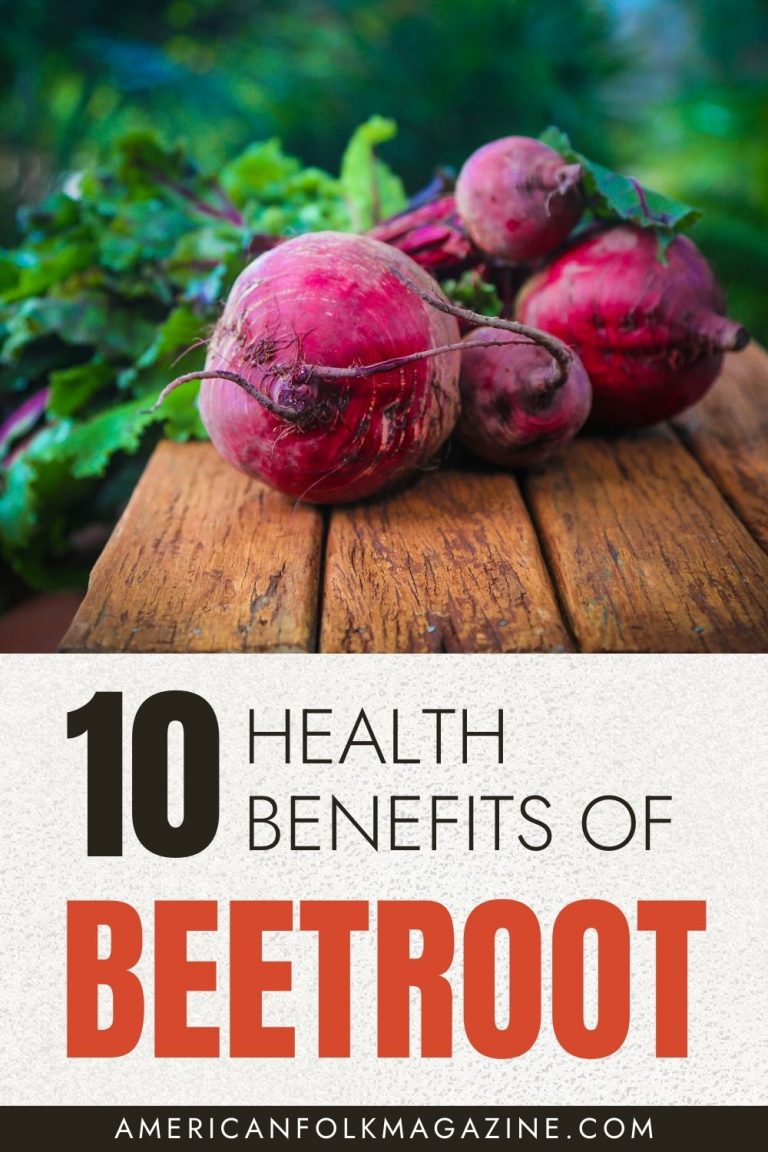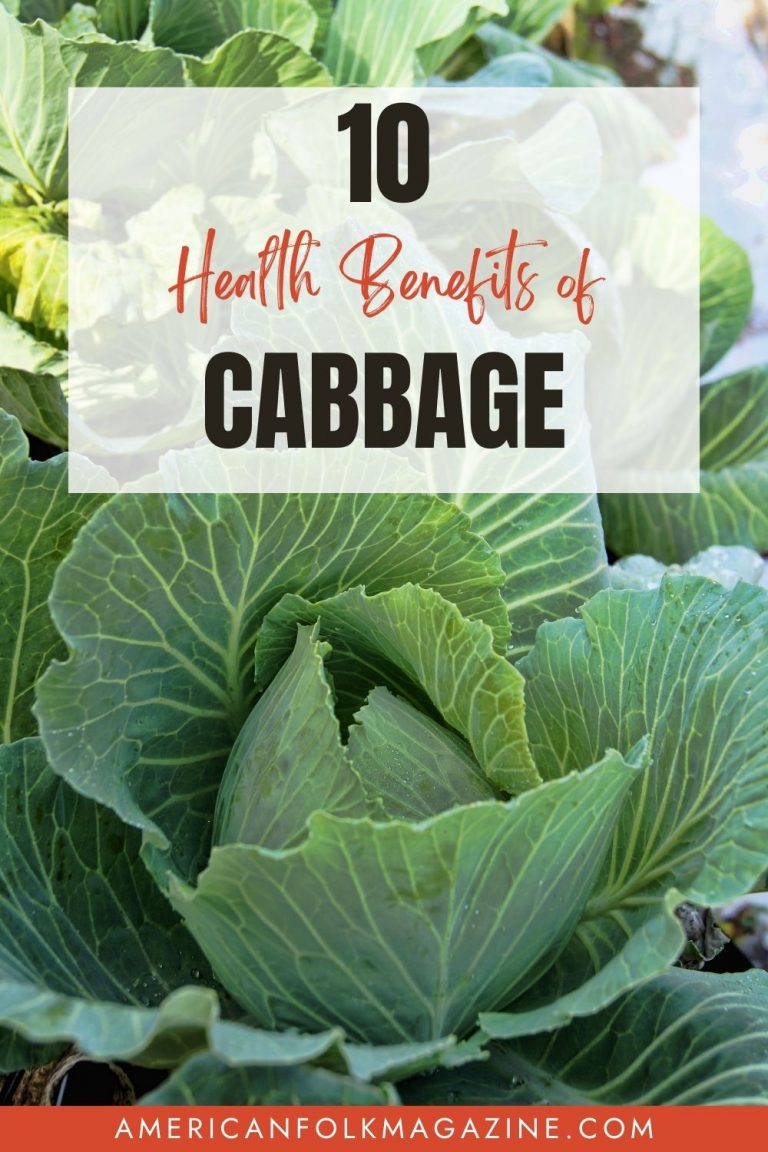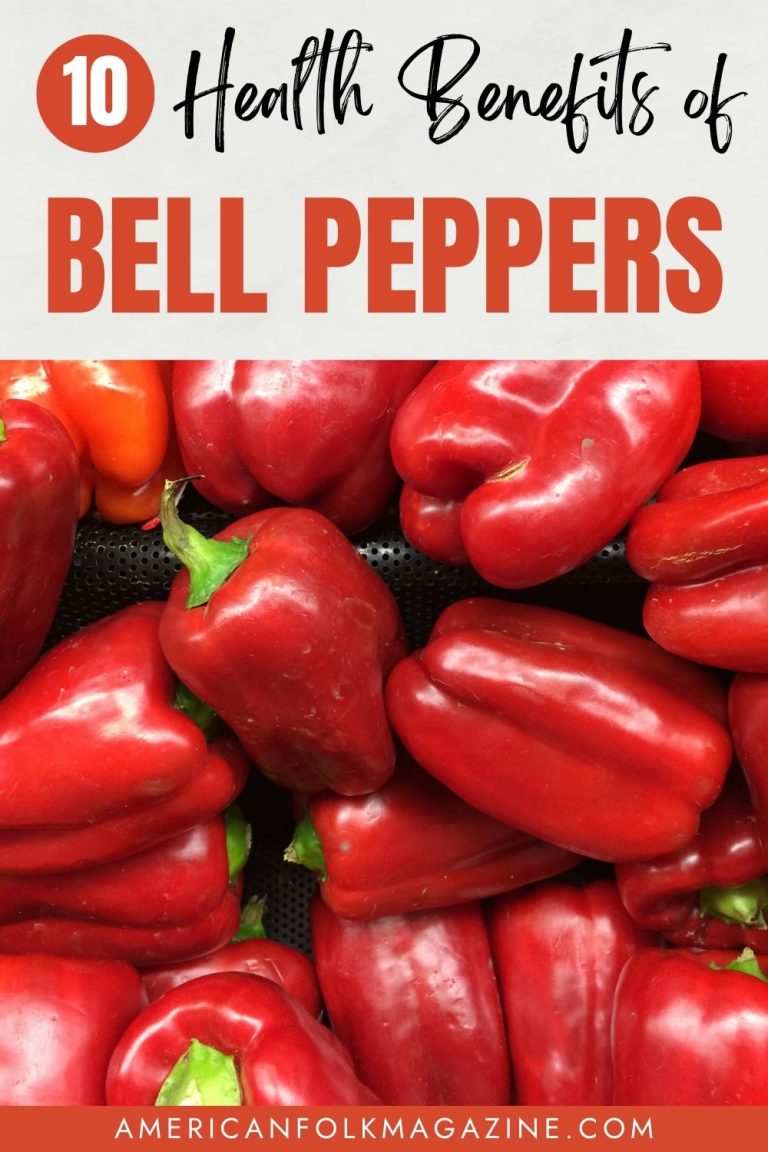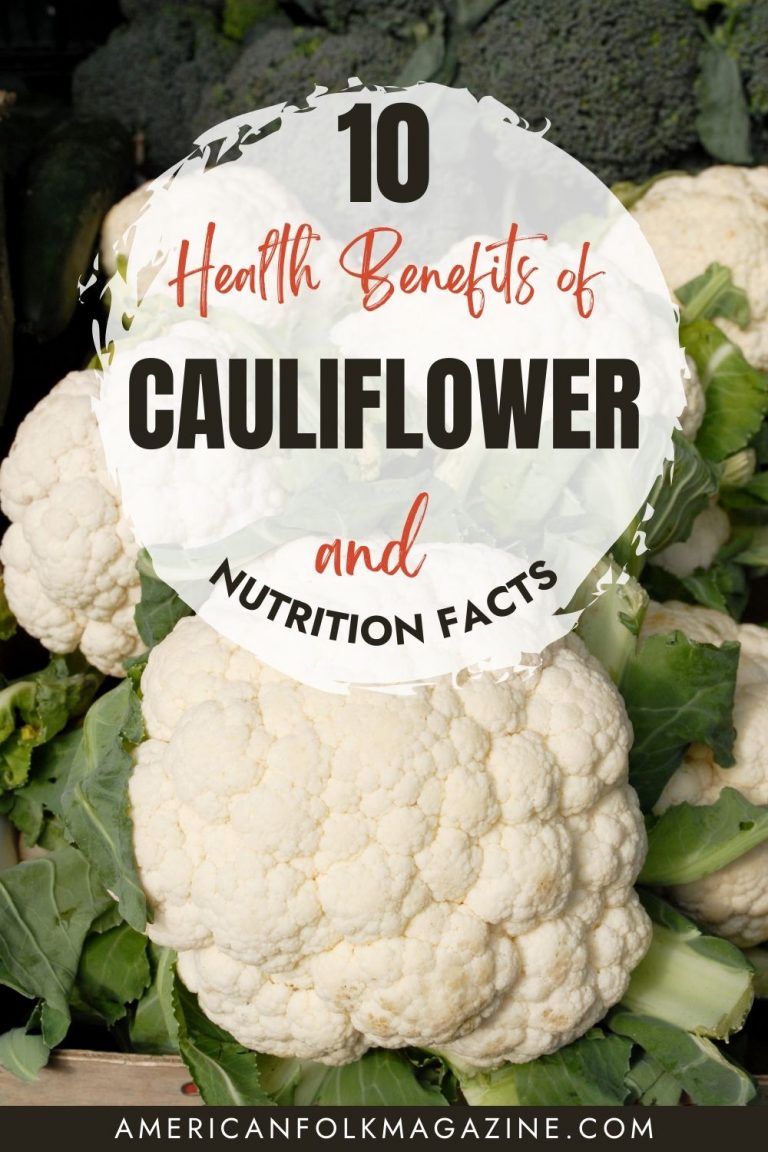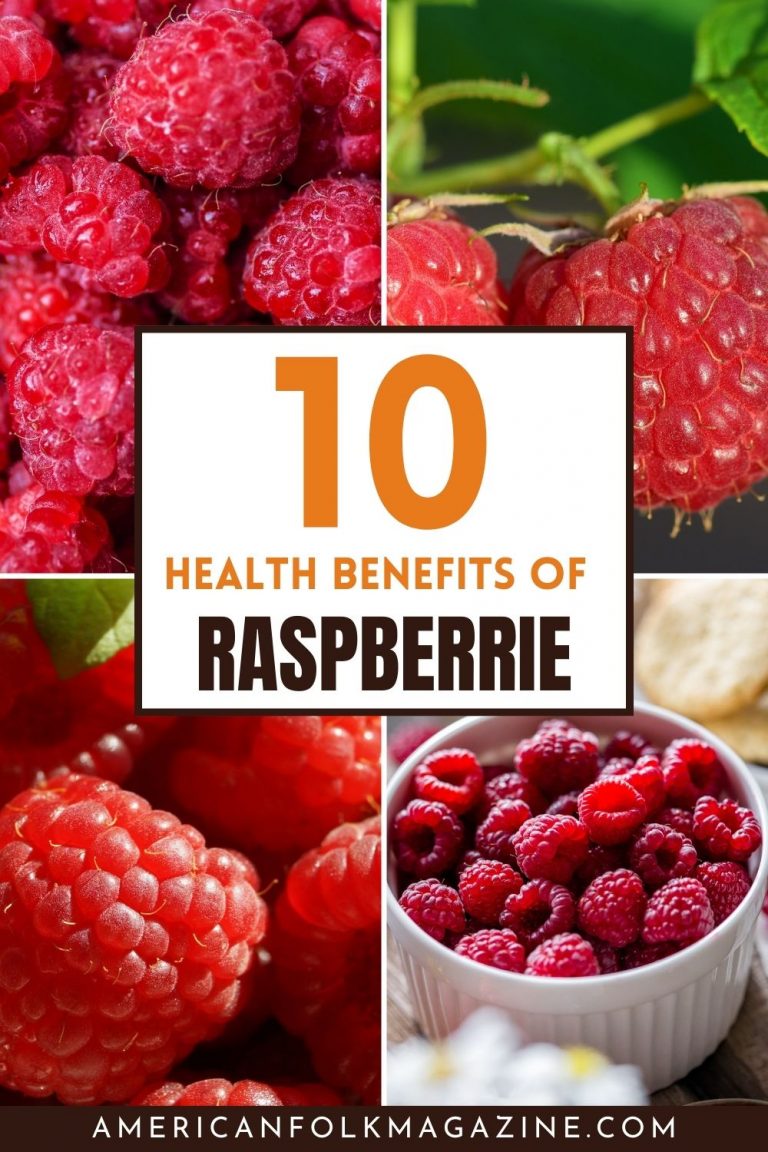Elderberry is a plant that has been used for centuries for its medicinal properties. It is known for its dark purple berries that are rich in nutrients and antioxidants.
Elderberry is commonly consumed in the form of syrups, teas, and supplements. This article will explore the nutrition facts and health benefits of elderberry.
Elderberry Nutrition Facts
Elderberries are a rich source of vitamins and minerals that offer many health benefits. They are low in calories and high in fiber, making them a great addition to a healthy diet.
Here is a table of the nutrition facts for one cup (145 grams) of raw elderberries:
| Nutrient | Amount |
|---|---|
| Calories | 106 |
| Carbohydrates | 27 g |
| Fiber | 10 g |
| Protein | 1 g |
| Vitamin C | 52.2 mg |
| Vitamin A | 870 IU |
| Calcium | 55 mg |
| Iron | 2 mg |
| Potassium | 406 mg |
Elderberries are also a good source of B-complex vitamins such as niacin, pyridoxine, folates, and pantothenic acid. These vitamins play a crucial role in the metabolism of carbohydrates, protein, and fats.
Elderberries are also rich in antioxidants, which help protect the body from damage caused by harmful free radicals. These antioxidants include anthocyanins, flavonols, and phenolic acids.
Top 10 Health Benefits of Elderberry
Elderberry is a fruit that is packed with nutrients and has been used for centuries for its medicinal properties. Here are the top 10 health benefits of elderberry:
1. Boosts Immune System
Elderberry is known for its immune-boosting properties. It contains high levels of vitamins A, B, and C, as well as antioxidants that help to protect the body from harmful free radicals. Elderberry has been shown to reduce the duration and severity of cold and flu symptoms, making it an effective natural remedy for respiratory infections.
2. Aids Digestion
Elderberry is rich in fiber, which helps to promote healthy digestion. It also contains a compound called anthocyanin, which has been shown to reduce inflammation in the digestive system and improve gut health.
3. Improves Heart Health
Elderberry is a good source of potassium, which is essential for maintaining healthy blood pressure levels. It also contains flavonoids, which have been shown to reduce the risk of heart disease by improving blood flow and reducing inflammation.
4. Preserves Vision
Elderberry contains high levels of vitamin A, which is essential for maintaining healthy vision. It also contains antioxidants that help to protect the eyes from damage caused by free radicals.
5. Supports Skin Health
Elderberry has anti-inflammatory properties that can help to reduce skin irritation and improve the appearance of the skin. It also contains antioxidants that help to protect the skin from damage caused by UV radiation and other environmental factors.
6. Enhances Respiratory Function
Elderberry has been shown to improve respiratory function by reducing inflammation in the respiratory system. It can also help to reduce coughing and congestion, making it an effective natural remedy for respiratory infections.
7. Promotes Bone Health
Elderberry is a good source of calcium, which is essential for maintaining strong and healthy bones. It also contains vitamin D, which helps the body to absorb calcium more effectively.
8. Helps in Weight Management
Elderberry is low in calories and high in fiber, which makes it a great addition to a weight loss diet. It can help to promote feelings of fullness and reduce cravings for unhealthy snacks.
9. Improves Mental Health
Elderberry has been shown to have a positive effect on mood and cognitive function. It contains compounds that help to reduce inflammation in the brain and improve communication between brain cells.
10. Anti-Cancer Properties
Elderberry contains compounds that have been shown to have anti-cancer properties. They help to prevent the growth and spread of cancer cells by inducing apoptosis (cell death) and inhibiting angiogenesis (the formation of new blood vessels).
How to Incorporate Elderberries into Your Diet
Incorporating elderberries into your diet is easy and delicious. Here are a few ideas:
1. Elderberry Smoothies
Add a handful of fresh or frozen elderberries to your favorite smoothie recipe for a boost of flavor and nutrition. You can also use elderberry syrup or juice to sweeten your smoothie.
2. Elderberry Jam or Jelly
Elderberry jam or jelly is a tasty way to enjoy the health benefits of elderberries. Spread it on toast, biscuits, or crackers for a quick and easy snack.
3. Elderberry Tea
Brew a cup of elderberry tea by adding dried elderberries to hot water. You can also add other herbs and spices like ginger or cinnamon for added flavor and health benefits.
4. Elderberry Syrup
Elderberry syrup is a popular way to consume elderberries. You can use it as a sweetener for drinks, drizzle it over pancakes or waffles, or take it by the spoonful for immune support.
5. Elderberry Sauce
Elderberry sauce is a great addition to savory dishes like roasted meats or vegetables. You can also use it as a dip for crackers or cheese.
6. Elderberry Gummies
Make your own elderberry gummies by combining elderberry syrup with gelatin and other ingredients like honey or lemon juice. These make a fun and healthy snack for kids and adults alike.
Overall, there are many ways to incorporate elderberries into your diet. Whether you prefer them fresh, dried, or in supplement form, elderberries are a nutritious and delicious addition to any meal or snack.
Potential Side Effects and Precautions
While elderberry is generally safe for most people, there are some potential side effects and precautions to keep in mind.
Side Effects
Consuming too much elderberry can lead to gastrointestinal distress, such as nausea, vomiting, and diarrhea. These symptoms are usually mild and go away on their own within a few hours.
In rare cases, elderberry can cause an allergic reaction. Symptoms of an allergic reaction can include rash, itching, swelling, and difficulty breathing. If you experience any of these symptoms after consuming elderberry, stop using it immediately and seek medical attention.
Precautions
If you are pregnant or breastfeeding, it is best to avoid elderberry supplements as there is not enough research to determine their safety in these populations.
Additionally, elderberry can interact with some medications, including diuretics, laxatives, and immunosuppressants. If you are taking any medication, be sure to talk to your doctor before using elderberry supplements.
Finally, it is important to note that elderberry supplements are not a substitute for medical treatment. If you are experiencing any symptoms or health concerns, be sure to talk to your doctor before using elderberry or any other supplement.
References:
- https://share.upmc.com/2020/02/benefits-of-elderberry/
- https://www.medicalnewstoday.com/articles/323288
- https://www.verywellfit.com/elderberry-nutrition-facts-4685533
Pin It In Your Board



